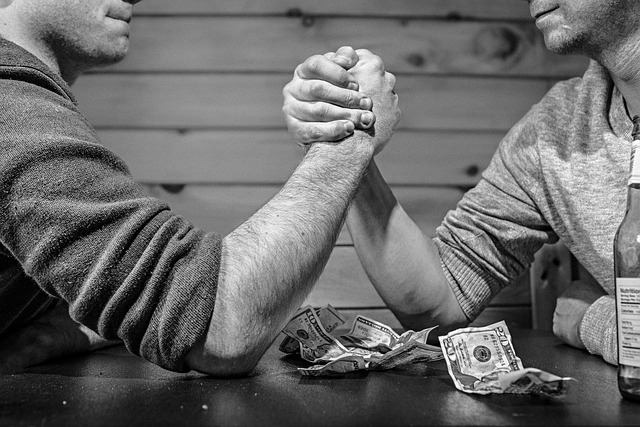Spis Treści
What Age of a Horse is Best to Bet On?
When it comes to betting on horse racing, one of the key factors to consider is the age of the horse. Different age groups of horses have distinct characteristics and abilities that can greatly impact their performance on the racetrack. In this article, we will delve into the various age groups of horses and discuss which age is best to bet on. So, if you’re an avid horse racing enthusiast looking to make informed betting decisions, read on to discover the optimal age to bet on a horse.
Understanding the Different Age Groups of Horses
Before we dive into the specifics of which age group is best for betting, let’s first understand the different age categories that horses fall into:
- Yearlings: Yearlings are horses that are between one and two years old. They are still in the early stages of their training and development.
- Two-Year-Olds: Two-year-old horses have reached the age of two and are considered juveniles in the racing world. They are typically just starting their racing careers.
- Three-Year-Olds: Three-year-old horses are the most well-known age group in horse racing. This is the age at which horses compete in prestigious races such as the Kentucky Derby and the Triple Crown.
- Four-Year-Olds and Older: Horses that are four years old and older are considered mature horses. They have more experience and are often seen as more reliable in terms of performance.
Factors to Consider When Betting on Different Age Groups
Now that we have a clear understanding of the different age groups of horses, let’s explore the factors that can influence the betting potential of each age group:
1. Development and Maturity
Younger horses, such as yearlings and two-year-olds, are still in the early stages of their development and may lack the physical and mental maturity needed to consistently perform well on the racetrack. On the other hand, three-year-olds have typically undergone more training and have had time to mature physically and mentally, making them more reliable contenders.
2. Experience and Track Record
When it comes to horse racing, experience plays a crucial role. Older horses, especially those aged four and above, have had more time to accumulate racing experience and establish a track record. This track record can provide valuable insights into their performance capabilities, making them a safer bet compared to younger, less experienced horses.
3. Speed and Stamina
The age of a horse can also impact its speed and stamina. While younger horses may possess raw speed, they may struggle to maintain it over longer distances. Three-year-olds, in particular, are known for their ability to handle middle-distance races, making them ideal for events like the Kentucky Derby. Older horses, on the other hand, may have developed the stamina required for longer races.
4. Injury Risk
As horses age, they become more prone to injuries. Younger horses, especially two-year-olds, may be more susceptible to injuries due to their still-developing bones and muscles. Older horses, while more experienced, may have accumulated wear and tear over the years, increasing their risk of injury. It’s important to consider the injury history of a horse before placing a bet.
The Optimal Age to Bet On
After considering the various factors, it’s time to determine the optimal age to bet on a horse. While there is no definitive answer, many horse racing enthusiasts and experts believe that three-year-olds offer the best betting potential. Here’s why:
- Three-year-olds have typically undergone extensive training and have had time to mature physically and mentally.
- They have the advantage of being in their prime racing age, with a good balance of speed and stamina.
- Three-year-olds often compete in prestigious races, attracting top trainers and jockeys, which can further enhance their chances of success.
- They have a track record that can be analyzed to assess their performance capabilities.
However, it’s important to note that betting on three-year-olds is not a guaranteed winning strategy. Each horse is unique, and factors such as form, training, jockey, and track conditions should also be taken into account when making betting decisions.
Conclusion
When it comes to betting on horse racing, the age of the horse is an important factor to consider. While younger horses may lack the experience and maturity of their older counterparts, three-year-olds often offer the best betting potential due to their development, experience, and track record. However, it’s crucial to analyze each horse individually, taking into account various other factors that can influence their performance. By doing so, you can make more informed betting decisions and increase your chances of success on the racetrack.



















